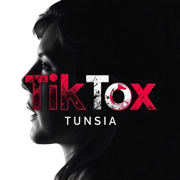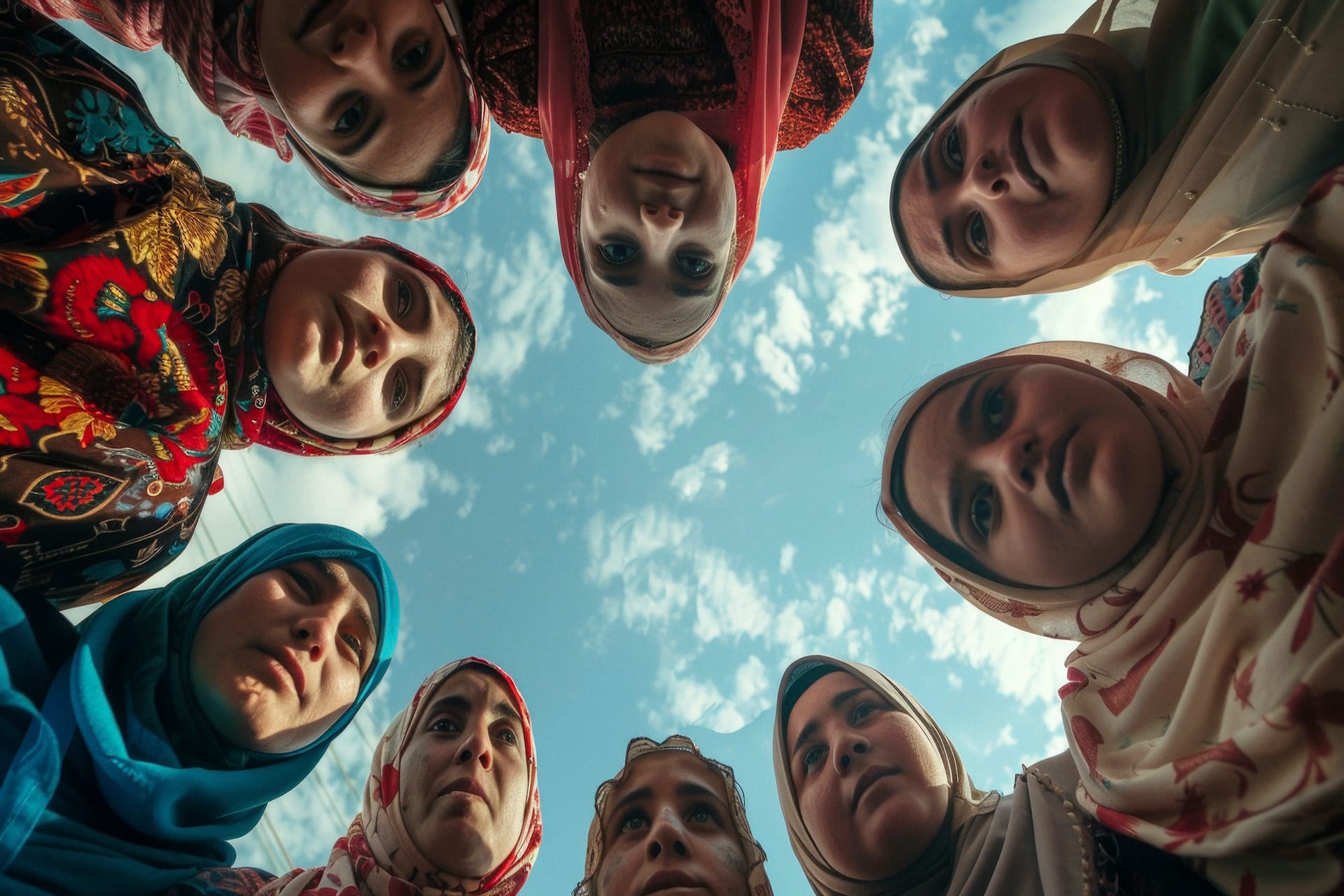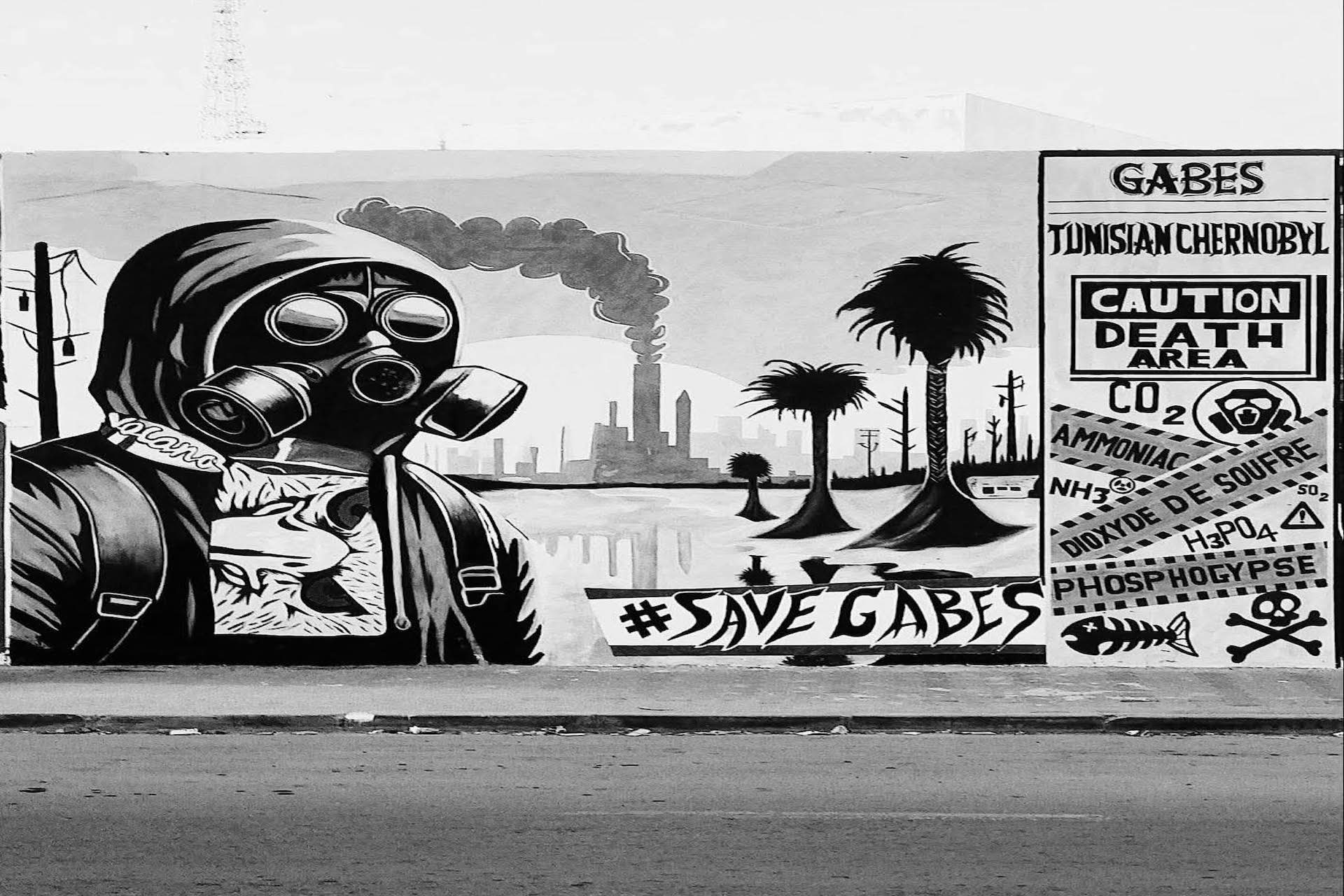Introduction
TikTok is one of the fastest-growing social media platforms in Tunisia, attracting millions of users, including minors. While TikTok provides entertainment and learning opportunities, children are particularly vulnerable to inappropriate content, scams, and online predators. Protecting children online is a top priority for parents, educators, and the wider community.
This guide outlines best practices, legal requirements, and platform features to ensure minors have a safe experience on TikTok.
Risks Children Face on TikTok
1. Exposure to Adult or Toxic Content
Children may encounter:
- Videos with nudity or sexual content.
- Toxic interactions in comments or live streams.
- Influencers promoting unsafe or illegal behavior.
2. Online Scams
Scammers often target minors with:
- Fake donation requests.
- Messages with links to phishing sites.
- Offers of free gifts or rewards that require personal information.
3. Cyberbullying and Harassment
Children are vulnerable to online harassment, including:
- Negative or threatening comments.
- Peer pressure or social manipulation in live streams.
- Bullying in private messages or group chats.
Tunisian Law Protecting Minors
Tunisia has legal frameworks to protect children online:
- Age restrictions: Minors under 13 are not allowed full TikTok accounts.
- Cybercrime laws: Punish harassment, online threats, and scams targeting minors.
- Content regulations: Limit exposure to adult content and unsafe materials.
Violating these laws can lead to fines, account suspension, or criminal prosecution.
TikTok Safety Features for Children
TikTok provides tools specifically to protect minors:
- Family Pairing Mode – lets parents manage screen time, content filters, and privacy settings.
- Restricted Mode – filters out content flagged as inappropriate for minors.
- Privacy Controls – limit who can view, comment, or send messages.
- Reporting and Blocking – report harassment, adult content, or suspicious accounts.
Practical Tips for Parents
Monitor and Educate
- Regularly check your child’s TikTok account activity.
- Educate children about online safety, including the risks of scams and adult content.
- Encourage children to report uncomfortable or unsafe interactions.
Use Platform Tools
- Activate Family Pairing Mode to control content and interactions.
- Enable Restricted Mode to reduce exposure to adult or harmful content.
- Review privacy settings to ensure accounts are secure.
Set Rules and Boundaries
- Establish screen time limits and healthy online habits.
- Discuss acceptable content and behavior.
- Teach children not to share personal information online.
Protecting Children from Scams
Minors can also be targeted financially:
- Teach them not to respond to suspicious messages or donation requests.
- Use official TikTok payment methods only.
- Report any suspicious activity immediately.
Community platforms like TikToxTunisia provide real-time alerts about scams and fraudulent content, helping parents stay informed.
Encouraging Responsible Content Creation
For teens and young creators:
- Avoid posting adult or harmful content.
- Be mindful of who can interact with your content.
- Follow TikTok’s community guidelines and Tunisian laws.
- Report scams or unsafe interactions promptly.
Conclusion
Protecting children on TikTok in Tunisia requires a combination of legal awareness, parental supervision, and platform tools. By educating minors, using TikTok’s safety features, and monitoring activity, parents can significantly reduce risks.
TikTok offers a safe and creative space when proper precautions are taken, but vigilance and education are key. Platforms like TikToxTunisia support parents and guardians in keeping children safe online.
Call-to-Action:
For further guidance, visit our Stay Safe Online .













